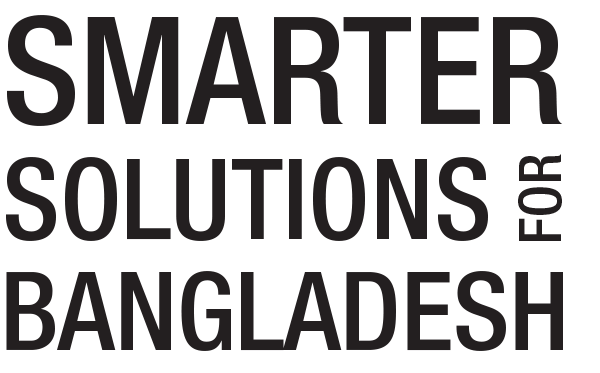Bangladesh Priorities: Motor Vehicle Agreement, Rahman and Rahman
Research by Kazi Mahmudur Rahman, assistant professor of development studies at the University of Liberal Arts Bangladesh, and Md. Tariqur Rahman, an economic consultant, examined potential benefits from a different strategy: vehicle agreements between nearby countries that are designed to encourage trade.
Bangladesh and its neighbors continue to forge stronger economic ties, but traffic bottlenecks and gaps in transport infrastructure have hindered progress. This presents an opportunity to increase trade and economic growth through better links with India, Nepal, and Bhutan.
| Strategy | Takas of benefits per taka spent |
|---|---|
| Unrestricted roads to North East India | 2 |
Currently, it can take more than six weeks for a 20-foot rail container to reach Dhaka from New Delhi, at a cost of Tk 195,000. If there were direct rail connectivity between Dhaka and New Delhi, however, it would take at most five days for the same container to reach the intended destination, and at only about one-third the cost.
Enacting reciprocal trade agreements and improving cross-border transport infrastructure would increase international freight traffic an estimated 2 percent per year for Bangladesh. Each taka spent on these efforts would do about 2-2.5 takas of good, depending on the exact details.

